
Offering reporting scholarships, through open and public calls, is a way for journalistic outlets to diversify their stories, and a democratic opportunity for freelance journalists.

InSight Crime is a hybrid organization, “part media, part think tank and part academic research institution,” as the founders describe it. Its focus is organized crime that runs through much of the Americas.
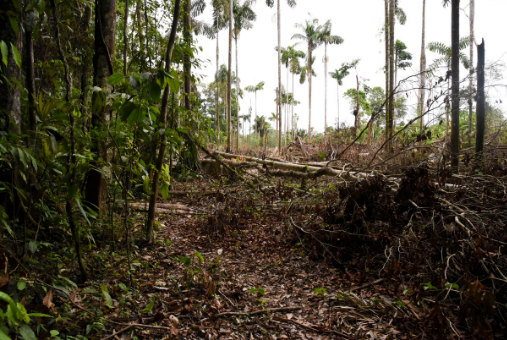
A new fellowship program aims to recruit investigative journalists in South America to cover this vast area and one of the biggest stories of our lifetime: the destruction of the world’s rainforests.
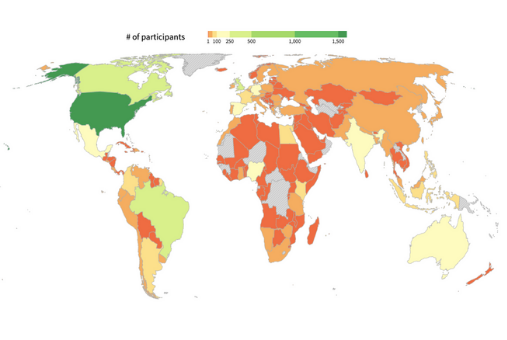
The Massive Open Online Course (MOOC), “Digital investigations for journalists: How to follow the digital trail of people and entities,” is in its second week and has attracted more than 5,400 students from more than 152 countries. New students are welcome and will still have plenty of time to catch up with the rest of […]

Seventy-two journalists from 13 countries in Latin America participated in the global journalistic investigation known as the FinCEN Files, the latest transnational collaboration coordinated by ICIJ and BuzzFeed News.

Brazilian reporter Patricia Campos Mello was one of the winner of the 2020 Maria Moors Cabot. The Columbia Journalism School described Campos Mello as “a fearless investigative reporter.”
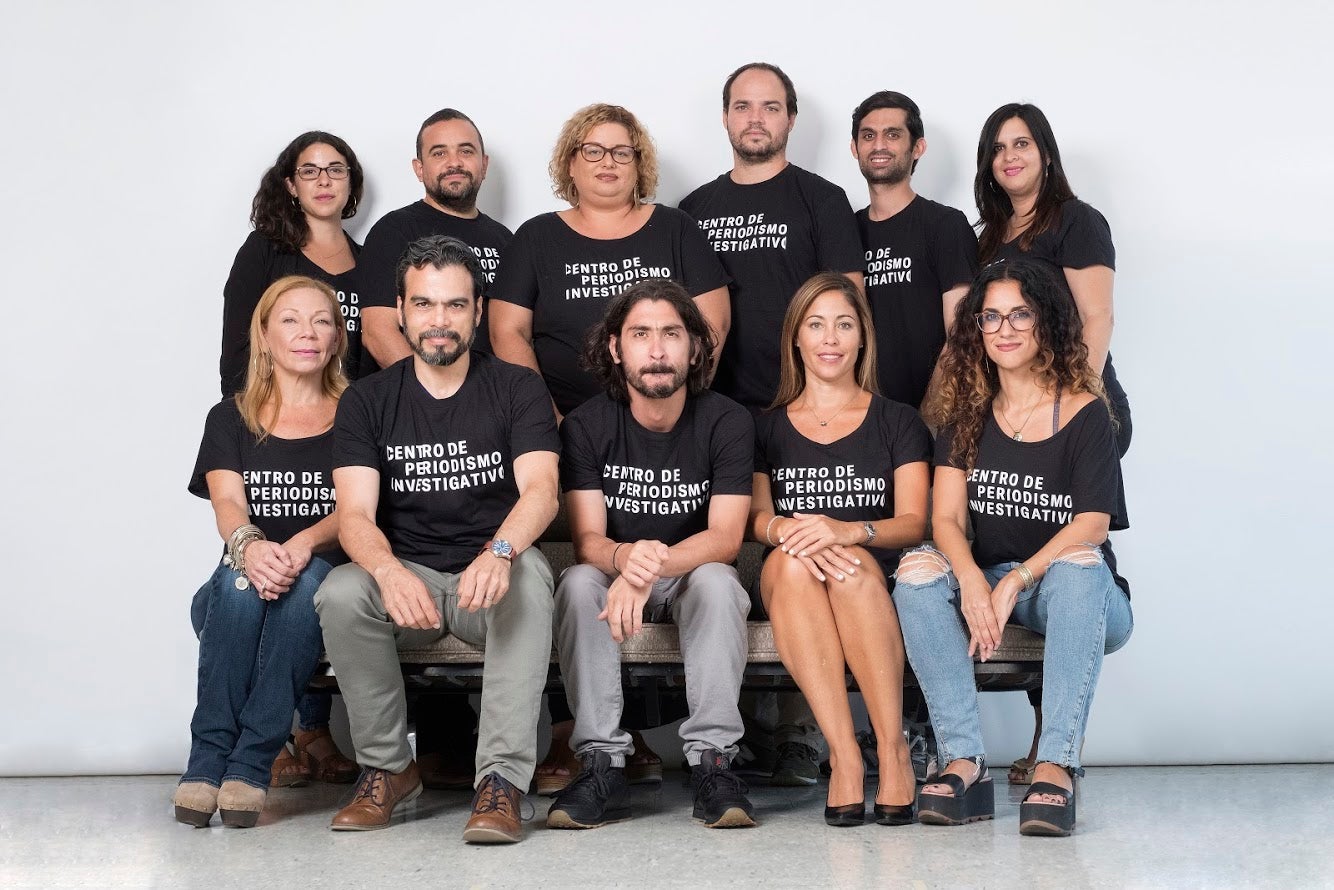
The CPI published a report about leaked chat messages between governor of Puerto Rico, Ricardo Rosselló, and his inner circle. The often-times crude messages led to massive citizen protests. Eleven days later, Rosselló announced he would resign.

Salud con Lupa is the first platform in Latin America dedicated to collaborative journalism covering topics related to public health.

According to Camarena and Moreno, the Mexican president has implemented a strategy of harassment and disqualification against journalistic media that is causing a polarization of the country's press.
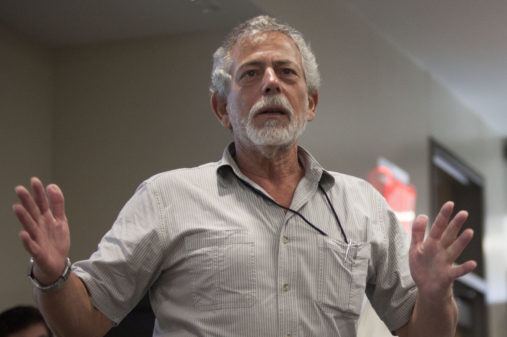
Gorriti considers that the advance of investigations into Operation Car Wash motivated these demonstrations and the acts of harassment against IDL-Reporteros.
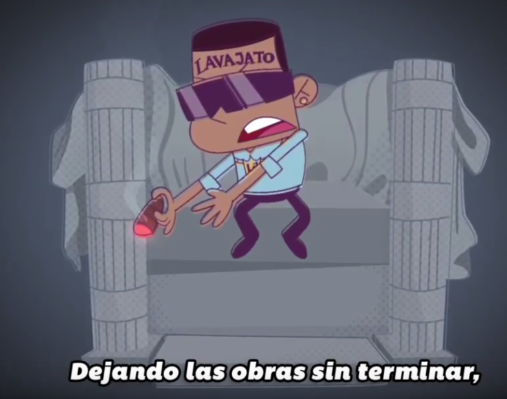
The CEO of Plop Contenido believes that Ampli is still in an experimental stage, in which he wants to test the premise that it is possible to produce news content with a humorous footprint.
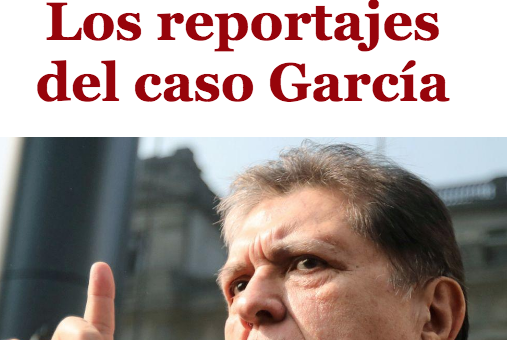
"To do investigative journalism in Latin America and in other parts of the world has two parts: the first part is about the investigation itself with all its great challenges and the second part, which is not talked about much, is the defense of the investigation, and that is almost as complex or sometimes more than the investigation itself," Peruvian investigative journalist Gustavo Gorriti told the Knight Center.